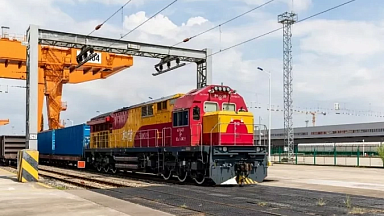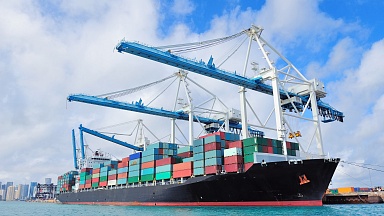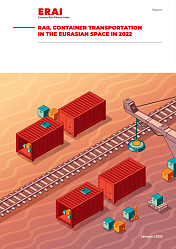According to Italian newspaper Repubblica, Meloni will communicate Italy’s decision not to renew the expiring agreement with China to Biden at the meeting. Already in May, Meloni met US House Speaker Kevin McCarthy and let him know her intentions, which have been publicly known since her elections in September 2022. Moreover, at the end of June, the Italian Prime Minister said that Italy and China can have a sound relationship even without the BRI.
Italy and the Belt and Road Initiative
Italy was, and still is, the first and only G7 country to sign an MoU with China regarding the New Silk Road. The agreement was signed by the government coalition led by Giuseppe Conte in 2019, where current Ministry of Transport Matteo Salvini acted as Deputy Prime Minister and Ministry of the Interior. It is planned to expire in March 2024 and Italy needs to make a decision on whether or not to renew it by the end of 2023.
The MoU signed in 2019 did not lead to significant developments when it comes to effective transportation agreements. Not renewing the BRI agreement might therefore not lead to significant changes in terms of project development. Concerning China, a new ambassador was recently appointed in Italy: Jia Guide, the former Chinese ambassador in Peru. The choice of Guide for Italy may not be casual after all. In 2019, while working as an ambassador in Lima, Peru joined the BRI that Italy is planning on leaving.





